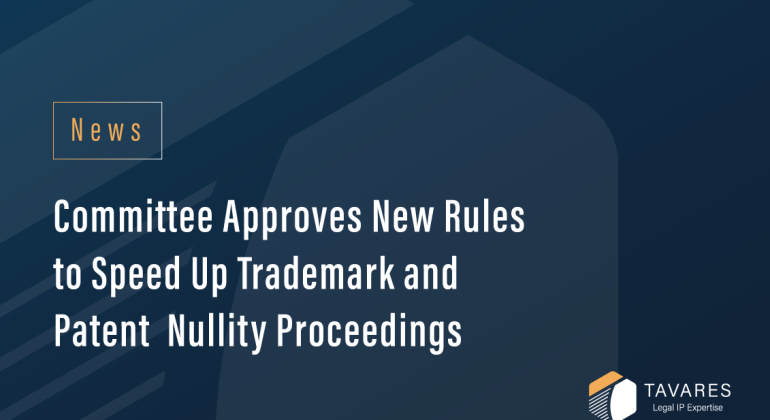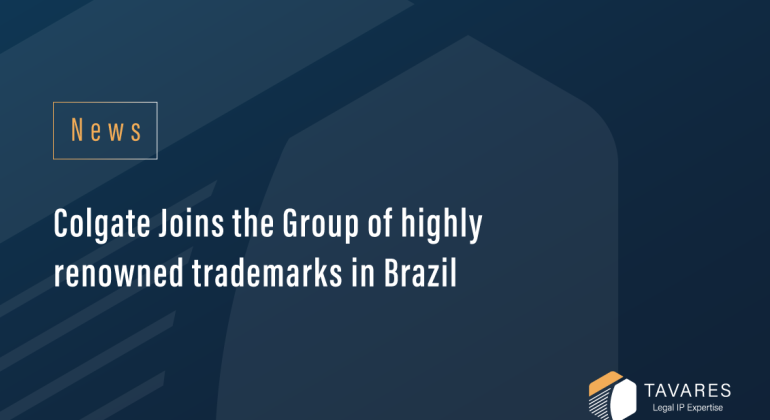According to the Brazilian Patent and Trademark Office (BPTO), trademarks, patents, and other intangible assets already represent 47% of total investments in Brazil.
Investments in intangible assets (such as trademarks, patents, research, and development) now account for almost half (47%) of all investments in Brazil, according to a report released by the Brazilian Patent and Trademark Office (BPTO).
The data, presented by the institution’s Chief Economist, Rodrigo Vieira Ventura, highlight a turning point for Brazilian companies: firms are now investing nearly as much in innovation as they are in physical assets, such as machinery and factories.
This shift positions innovation as a key driver of the Brazilian economy, with an impact greater than that of agribusiness (8% of GDP) and mineral extraction (5.5%). Currently, investments in intangible assets account for 8.5% of Brazil’s GDP, growing at a rate of 0.8 percentage points per year, while investments in physical assets are declining at a rate of two percentage points per year.
Regional highlights
Although innovation remains concentrated in the South and Southeast regions, other states are also emerging. Amazonas, for example, rose three positions between 2024 and 2025 in the Brazil Innovation and Development Index (IBID), moving from 20th to 17th place.
São Paulo remained the leader, with a score of 0.872 on a scale from 0 to 1, which is 3.1 times the national average (0.296). Other states above the national average were Santa Catarina, Paraná, Rio de Janeiro, Rio Grande do Sul, and Minas Gerais.
Regional leaders in innovation in 2025 were:
Strategic importance
The growing share of intangibles highlights the importance of intellectual property as a vital asset for companies seeking to compete globally.
At Tavares IP, we assist international firms in securing and protecting their intangible assets in Brazil. Please get in touch with our team to learn more about our solutions in trademarks, patents, and technical translations.















